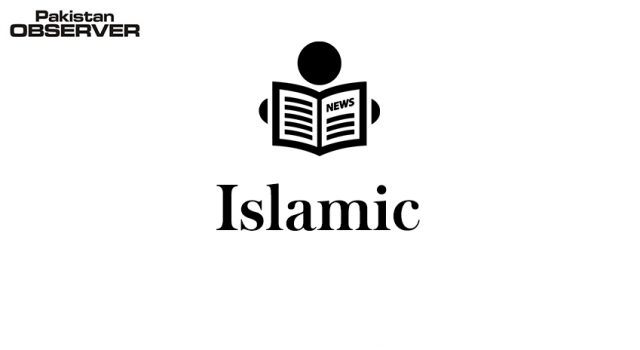Doha
As demand for green and sustainable energy sources continues to grow around the world – owing to a better understanding of the environmental disadvantages of conventional power production and a reaction to climate change processes –, there is also an increasing need for sustainable finance and responsible investment in the sector. According to the UN Department of Economic and Social Affairs, global investments into clean energy recorded an increase from $200bn in 2008 to $332bn annually in 2018, with issuances of green bonds having become part of the current forms of financing for renewable energy.
This is where the value proposition of Islamic finance kicks in. According to a new report by the Middle East Islamic Finance Knowledge Center of consultancy Deloitte jointly released with Kuala Lumpur-based International Shariah Research Academy for Islamic Finance (ISRA) entitled “Sustainable finance: Can sukuk become a driver of solar and green energy growth?,” Islamic financing tools have become an important part of green and sustainable energy funding.
In particular, green sukuk has emerged as a central Shariah-compliant instrument for the purpose, the report says, noting that Malaysia and Indonesia were the first countries to issue this type of sukuk.
In Malaysia, the world’s very first corporate green sukuk worth 250mn ringgit ($61mn) was issued by Tadau Energy in early 2017 to co-finance large-scale solar construction. A number of other companies and institutions followed, including Mudajaya Group, a construction company in Malaysia, PNB Merdeka Ventures, a Malaysian government-linked investment firm, Quantum Solar Park Malaysia, the largest solar power project developer of its kind in Southeast Asia, as well as Malaysia’s Universiti Teknologi Mara, the first institute of higher learning in the world to issue a green sukuk. Indonesia became the first country in the world to issue $1.25bn of sovereign green sukuk in 2018 and another one in two tranches at a total value of $2bn in February 2019, whose proceeds will be used to finance renewable energy projects. All those green sukuk are structured as murabahah, wakalah, istisna or ijarah, or a combination of them.
“The increase in the adoption of green sukuk to finance renewable energy projects is attributable to the following factors: the increase in renewable energy projects, particularly solar energy projects, low capital costs and the fact that it is a Shariah-compliant instrument,” says Mohamad Akram Laldin, ISRA’s executive director.
As Islamic finance in the past has emerged as a key player to fund social and infrastructure projects and meanwhile offers various innovative Shariah-compliant structures to both large and small-scale enterprises in different sectors of the economies, these structures have been adopted to finance several major solar projects in the Middle East and North Africa, Asia and Europe. This has also encouraged many investors to engage in green energy projects and enjoy benefits offered by their respective governments, many of which have put renewable energy investments on their agenda. For example, in the countries of the Gulf Co-operation Council (GCC), the renewable energy target has become an integral part of national power strategies within the objectives of UN Framework Convention on Climate Change. According to the Deloitte report, the GCC had renewable energy capacity of 867 gigawatts as of end-2018 – mostly from photovoltaic and solar power – and is expected to drastically raise its renewable energy deployment in the coming years. For instance, Qatar is expected to complete the first phase of its Al-Kharsaag solar power plant with a total capacity of up to one gigawatt by 2020. The project is structured as a 25-year build, own, operate, and transfer public-private partnership with Qatar’s Electricity and Water Authority Kahramaa. “Both energy developers and investors alike now have enviable structures of Islamic finance to boost growth of green energy,” the report concludes, whereby sukuk stood out as a popular asset class amongst international investors.
Meanwhile, many international finance firms and agencies have started to reap the benefits offered by Shariah-compliant financing options for green energy projects as they lower their debt-to-equity ratios for capital-intensive projects.
“In the coming years, Islamic finance will be considered as one of the primary financing strategies for green energy projects, in particular in the GCC, Jordan, Egypt, Malaysia, Indonesia and Pakistan. Other countries will follow suit as the market matures and becomes a driver of the green economy in these regions,” the report says. —GULF TIMES










